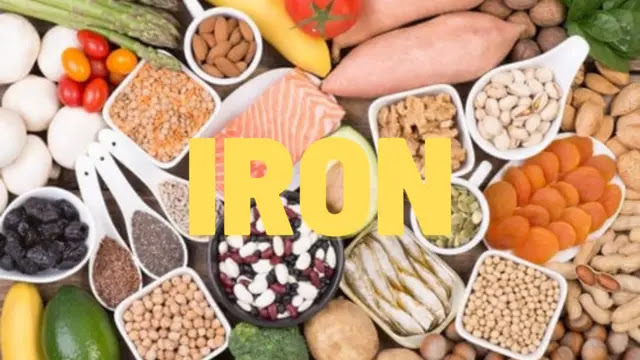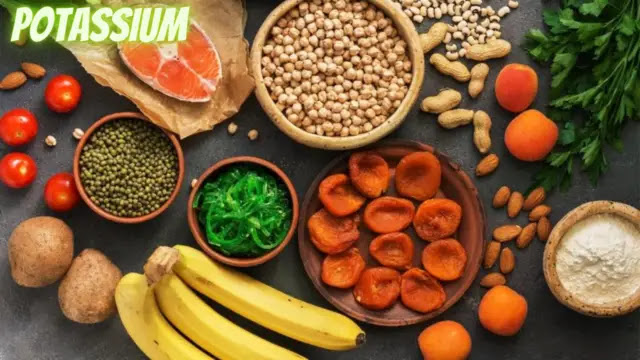Best Minerals for Weight Loss, Digestion and Boost Energy
There are several minerals that can
be beneficial for energy, weight loss, and digestion when consumed in
appropriate amounts. These minerals play important roles in various bodily
functions and can help to support overall health and well-being.
Iron:
Iron is an essential mineral that is
necessary for the production of red blood cells, which carry oxygen to the
body's tissues. Iron deficiency can lead to fatigue and decreased energy
levels. Good sources of iron include red meat, poultry, beans, and leafy green
vegetables. It is important to note that there are two types of dietary iron:
heme iron, which is found in animal-based foods, and non-heme iron, which is
found in plant-based foods. Heme iron is more easily absorbed by the body than
non-heme iron, so it is important for vegetarians and vegans to pay particular
attention to their iron intake.
Magnesium:
Magnesium is involved in energy
metabolism and helps to regulate blood sugar levels. It can also help to reduce
muscle cramps and promote relaxation, which can improve sleep quality and
increase energy. Good sources of magnesium include nuts, seeds, leafy green
vegetables, and whole grains. Magnesium is also important for maintaining bone
health, as it plays a role in the formation and metabolism of bone tissue.
Potassium:
Potassium is an electrolyte mineral
that is important for maintaining fluid balance in the body and regulating
heart function. It can also help to reduce muscle cramps and fatigue. Good
sources of potassium include bananas, avocados, potatoes, and leafy green
vegetables. Potassium is also important for maintaining proper blood pressure
levels and may help to reduce the risk of stroke and other cardiovascular
diseases.
Zinc:
Zinc is necessary for immune
function, wound healing, and taste perception. It may also help to boost energy
and improve digestion. Good sources of zinc include meat, seafood, beans, and
whole grains. Zinc is also important for maintaining healthy skin, as it plays
a role in the production of collagen and the repair of damaged skin tissue.
Calcium:
Calcium is an essential mineral that
is necessary for the proper functioning of the body's tissues and organs. It is
particularly important for maintaining strong bones and teeth, as well as
muscle function and nerve transmission. Good sources of calcium include dairy
products, almonds, leafy green vegetables, and fortified foods such as orange
juice and breakfast cereals.
Chromium:
Chromium is a trace mineral that is
involved in the metabolism of carbohydrates and fats. It may also help to
regulate blood sugar levels and may be beneficial for weight loss. Good sources
of chromium include whole grains, meat, and vegetables.
Iodine:
Iodine is a trace mineral that is
necessary for the production of thyroid hormones, which play a key role in
metabolism. It may also help to support healthy weight management. Good sources
of iodine include seafood, dairy products, and iodized salt.
It is important to note that it is
possible to get too much of certain minerals, so it is important to consume a
balanced diet and not rely on any one food or supplement as a sole source of
these nutrients. It is always a good idea to speak with a healthcare provider
or a registered dietitian before making significant changes to your diet.







